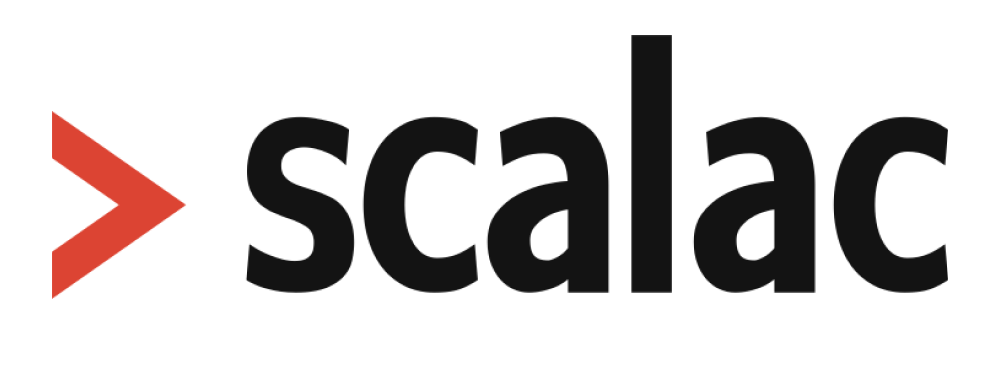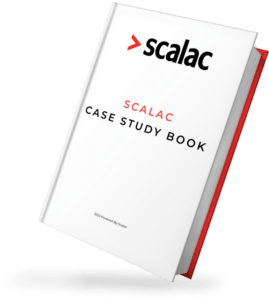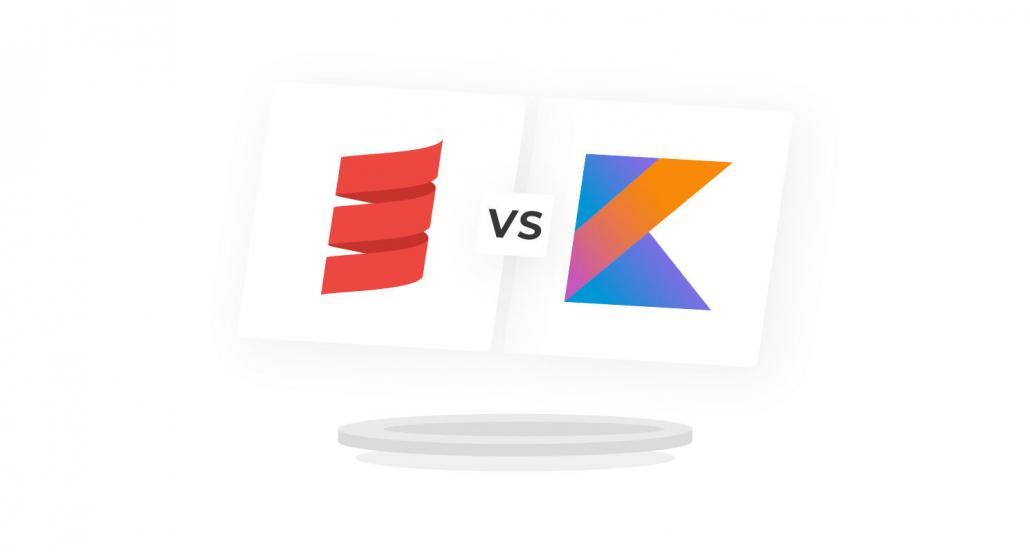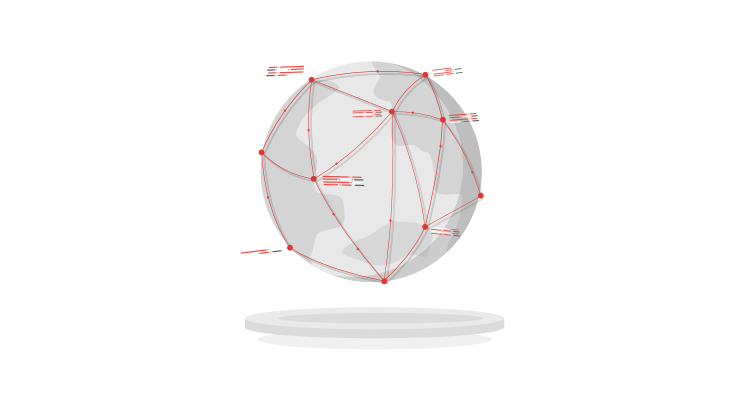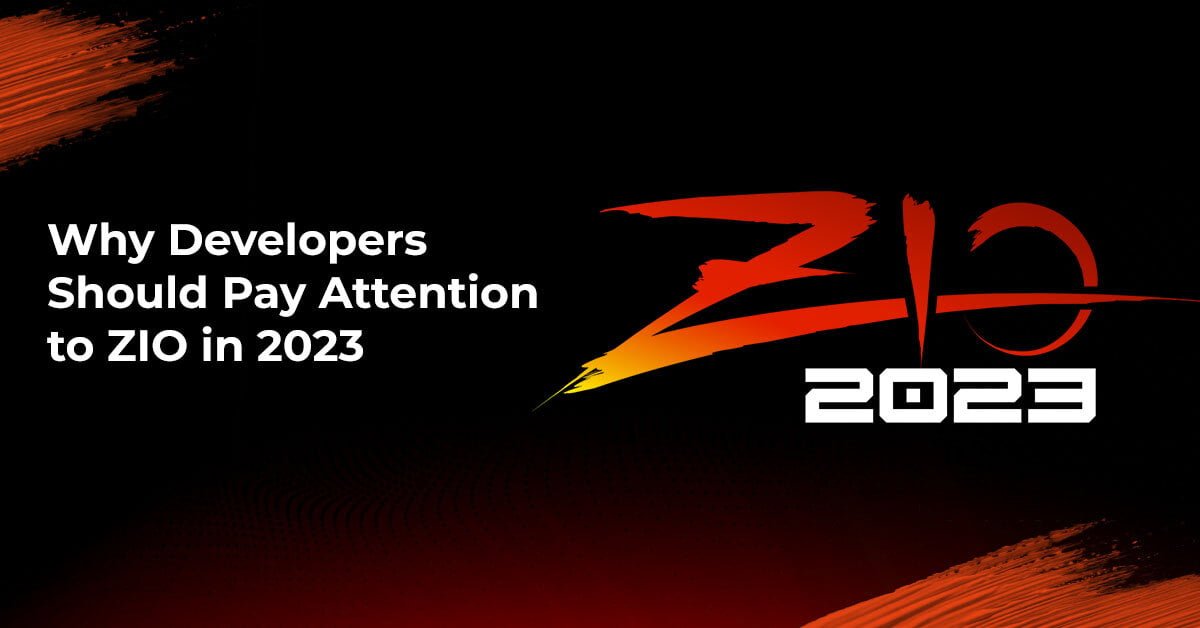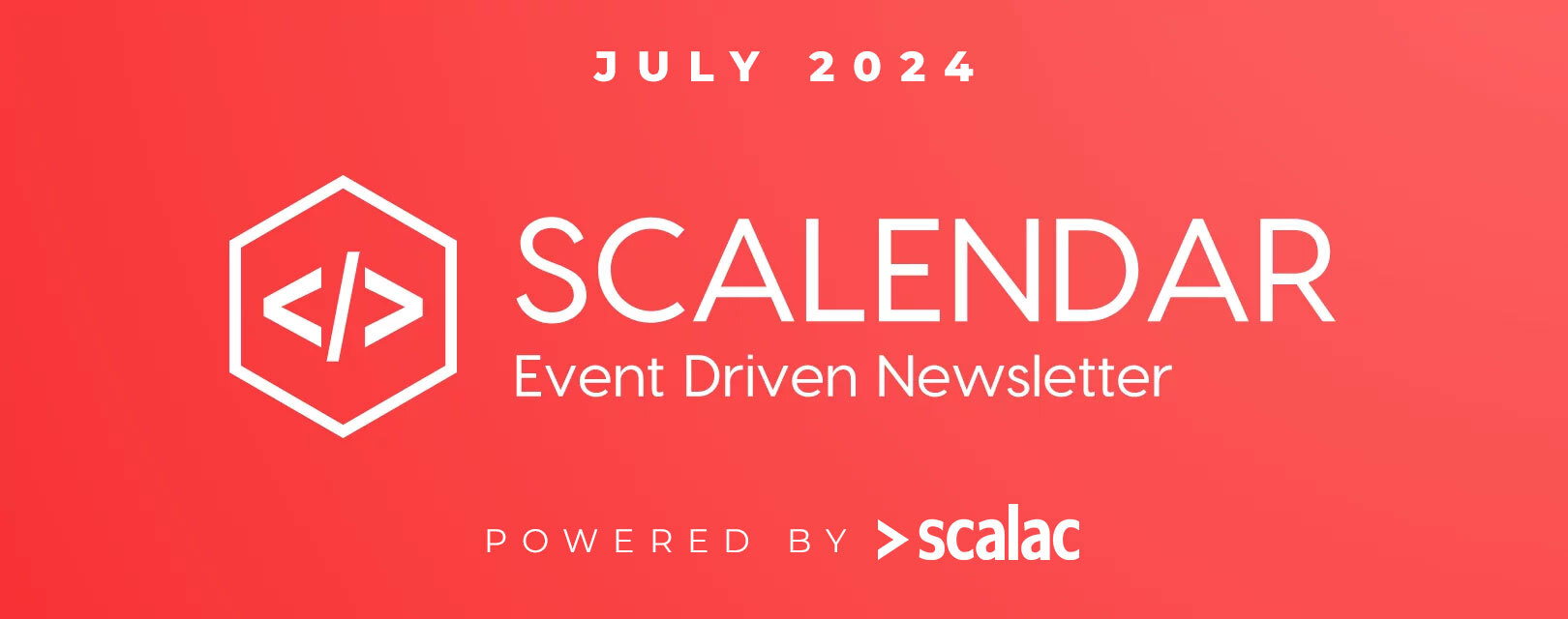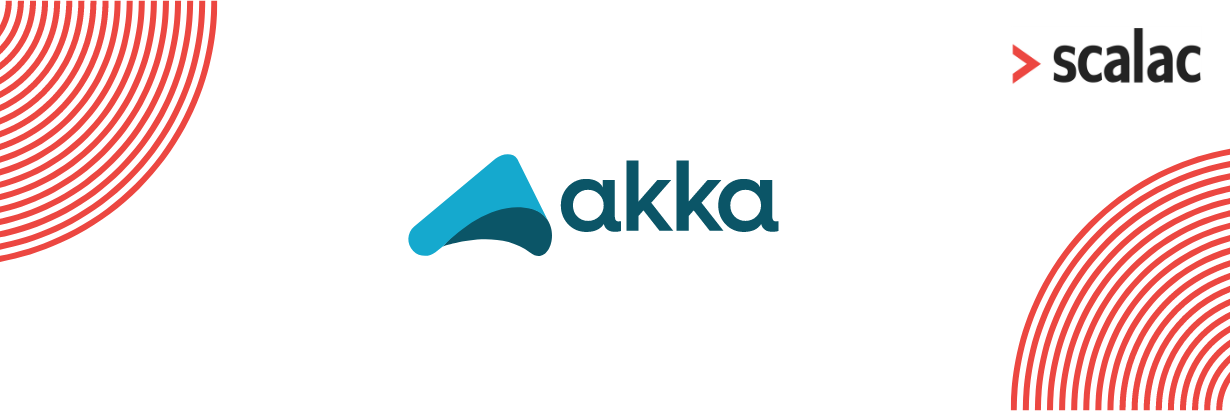
How to buy Bitcoin

The ins and outs of getting hold of the most popular cryptocurrency
Despite the recent volatility in Bitcoin’s value, the cryptocurrency frenzy remains alive as more and more people are looking into investing in these kinds of assets. With Elon Musk driving support for Dogecoin’s development and the appearance of more sustainable and eco-friendly currencies, as well as the rising popularity of NFTs (particularly in the art field), it is no wonder that the search term “how to buy Bitcoin” has been rising in popularity over 12 last months, as evidenced by data from Google Trends

Where can I buy Bitcoin?
Cryptocurrency exchanges
One of the most popular ways to purchase bitcoins is trading them on cryptocurrency exchanges. Usually, they provide you with a way not only to buy but also to hold and sell cryptocurrency in digital wallets created by the platform. This is convenient, but it also makes the user depend on a particular source of cryptocurrency, so it is good to diversify across multiple exchanges and other methods for purchasing and storing bitcoins.
What do I need to start buying from exchanges?
Make an account on an exchange’s website and prepare for verifying your identity.
Bitcoin is widely considered to be a currency that allows anonymous transactions and some websites do permit buying it without having to identify oneself, but the most popular cryptocurrency exchanges operate under Anti-Money Laundering and Know Your Customer directives.
This means that they – like all other financial institutions – are forced to be able to identify their customers. So if the website asks you for proof of your identity, that should not be a red flag. On the other hand, it is easy to fall prey to fake websites that want to obtain your data and disappear into thin air. The key is to read the opinions of other people, ask questions, and interact with proven entities.
Check if you can transfer Bitcoin to your digital wallet or a bank account.
It is good practice for a cryptocurrency exchange to provide the possibility of transferring your coins outside of it or cashing them out for the equivalent value in fiat currency. If a website does not have such features, or they are only available with hefty fees, make sure that this does not interfere with your plans.
Be careful about choosing the payment option to top up your cryptocurrency account.
Regardless of whether you’re going with a digital wallet provided by fintech or hooking up payments directly to a bank account, it makes sense to check whether your payment provider will accept such transactions. Some banks recognize cryptocurrency-related dealings as something suspicious and might block them or refuse to process them at all. The majority of cryptocurrency exchanges will ask you to top up accounts on their platforms via your bank funds, so this is important to sort out before you start trading in the digital sphere. Even if you can use a digital wallet for such purposes, you should still be careful. While fintechs are generally more lenient in this regard, they might also become more suspicious in the case of larger transactions, particularly due to the specific financial laws under which they operate.
Examples of trusted cryptocurrency exchanges:
If you are not sure which exchange to start with, below you will find a list of the top cryptocurrency exchanges based on global volume processed during the previous 24 hours (data from May 17, 2021) compiled by Statista:
- Venus ($2,227.58 bln of volume processed during last 24h)
- Binance ($65.19 bln)
- Huobi Global ($20.69 bln)
- Upbit ($19.9 bln)
- ZG.com ($18.69 bln)
Fintechs
The rise in popularity of cryptocurrency has generated a new wave of services offered by fintechs and traditional payments processors as they’re trying to adjust to a new world. The main advantage of cooperating with traditional financial institutions or fintechs is that if you are their user, they have already verified your identity when you were signing up with them.
This means that you do not need to undergo extra verification measures or share your personal data with an unknown cryptocurrency exchange. Moreover, these kinds of institutions have to operate under some sort of legal rules, some of them set up by a particular country, and some enforced by a European-wide entity.
Examples of traditional financial institutions and fintechs opening up to cryptocurrency:
- Revolut provides cryptocurrency wallets along with its multi-currency accounts and the possibility to purchase stocks. It is possible to buy, hold, and sell some of the most popular digital currencies such as Bitcoin or Ethereum. Since Revolut operates in most European countries and is constantly expanding to other markets, cryptocurrencies are available to a larger customer base outside of specialized exchanges. However, there are some major downsides to the solution proposed by Revolut, primarily a limited choice of coins. For example, if you were fascinated by Elon Musk’s call to help out Dogecoin, you won’t be able to obtain it via Revolut – not yet anyway. What’s more, if you’re not a subscriber of a paid Revolut plan, you won’t be able to move the cryptocurrency outside of your wallet, i.e. to a private one. But this is still a plus, as some major payment processors that make it possible to buy cryptocurrencies (i.e. PayPal), don’t allow you to move purchases out of the platform’s ecosystem.
- Cooperation of card companies with cryptocurrency exchanges. Some entities that provide a method to purchase and hold bitcoins, such as Gemini, Binance, or Crypto.com, have started cooperating with Visa and Mastercard in order to make it possible for their customers to spend cryptocurrencies with a payment card. They can be used both online and offline, as well as added to wallets such as Apple Pay, Google Pay, and PayPal, which means that you could purchase your daily grocery shopping or refreshed wardrobe with bitcoins. Currently, such cards are mostly available in the United States, but it is believed that they will quickly expand to other countries.
- It is also possible that, in the near future, banks will expand their offer to include cryptocurrencies. Goldman Sachs is one of the first to recognize and state publicly that bitcoins and such are a new class of assets, even if they’re prone to fraud. The bank also admitted that institutional investors and wealth managers were interested in cryptocurrencies, and about 2 in 5 of its clients had already had exposure to digital assets of this kind. Therefore, banks should move fast in order to answer the needs of their clients while at the same ensuring their safety against fraud and market volatility.
Conclusion
Hopefully now you know how you can fill your wallet with bitcoins. A lot of your activities will depend on whether you want to treat it as a long-term investment asset or to perform short-term trading in order to earn some quick money.
With a variety of options available to you, the most important matter is to make sure that you’re trading within a reputed financial institution. While it is easier to trust fintechs such as Revolut or PayPal, the top cryptocurrency exchanges also have to adjust to certain financial laws in order to run their businesses, which ensures the safety of your money. Make sure to review all of the opinions about a particular exchange before investing your money in it. If you have any questions, you can also check out their quality of customer service by asking them directly or asking around on social media networks such as Facebook groups or Reddit subforums.
It is important to own a private wallet (either an online or offline one) outside of the exchange’s or payment processor’s ecosystem as well, since this makes you less dependent on this entity and will protect your money against potential fraud or failures on the side of exchanges. Remember to save your key to the digital wallet somewhere safe (you won’t have access without it), but also secure (anybody who has this key will be able to look at your account and transfer out money).
